-နယူးေယာက္-
10 March 2010 – New electoral laws unveiled by authorities in Myanmar do not meet international expectations of what is required for an inclusive political process in the Asian country, Secretary-General Ban Ki-moon warned today.
The United Nations is carefully studying the laws as they are being published by the Government in preparation for planned national elections later this year, Mr. Ban said in a statement issued by his spokesperson.
According to media reports, the new laws relate to the registration of political parties and prohibit anyone with a criminal conviction from being a member of an official party.
“The indications available so far suggest that they do not measure up to the international community’s expectations of what is needed for an inclusive political process,” Mr. Ban said.
“The Secretary-General reiterates his call for the Myanmar authorities to ensure such an inclusive political process leading to fair, transparent and credible elections in which all citizens of Myanmar, including Daw Aung San Suu Kyi, can freely participate.”
Ms. Suu Kyi, a Nobel Peace Prize laureate and leader of the National League for Democracy (NLD), a prominent opposition leader, has been under house arrest for much of the past two decades. In August last year she was sentenced to an additional 18 months of detention after being convicted of violating State security laws.
Last month Mr. Ban expressed disappointment that Ms. Suu Kyi’s appeal against her house arrest was rejected and reiterated his call for her release.
Myanmar is slated to later this year conduct its first elections in over 20 years as part of a Government-designed timetable towards greater democratization.
Friday, 12 March 2010
Subscribe to:
Post Comments
(
Atom
)





















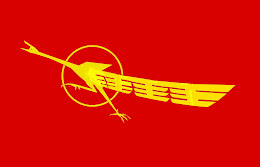





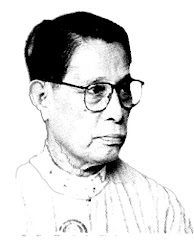



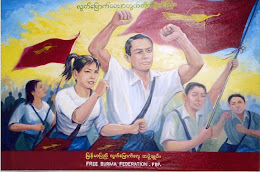





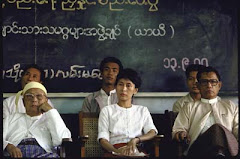

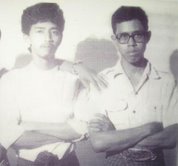

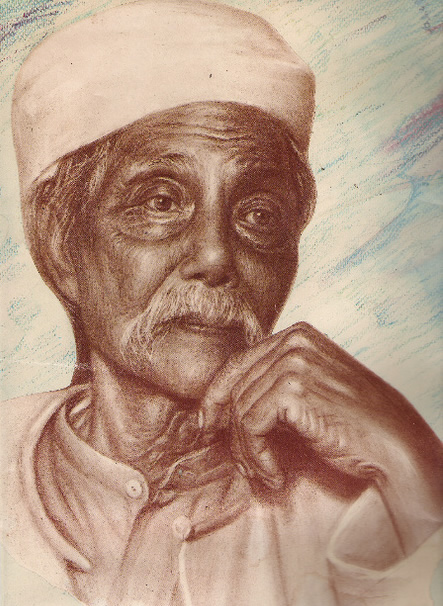
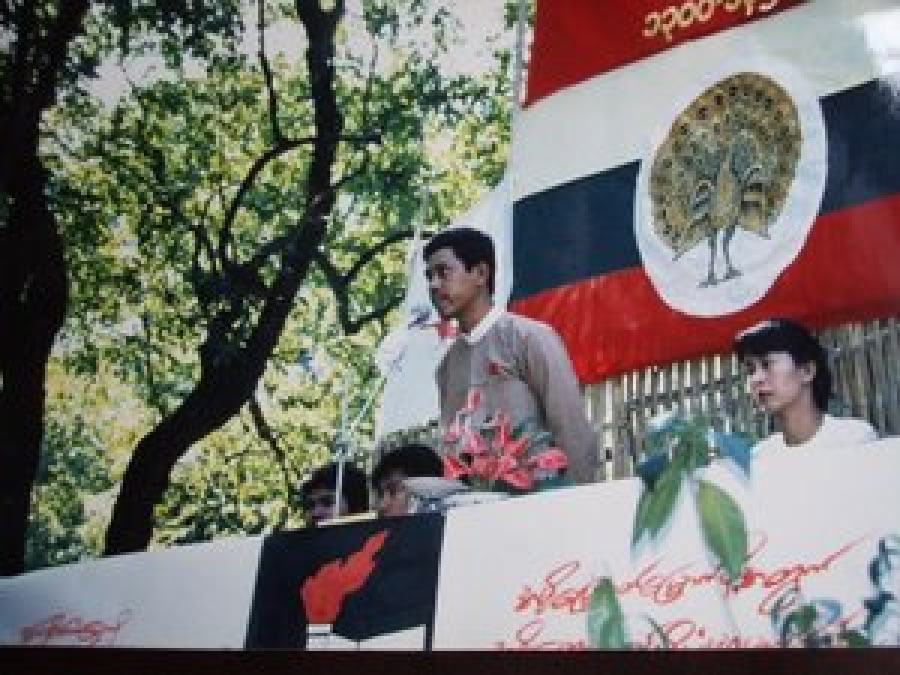
1 comment :
Criticizing an election law not in line with ideal democracy in Myanmar was like a headless chicken running around in New York. Since independence in 1948, Myanmar did not get a chance to prove itself and progress peacefully. Foreign powers next door and super powers half a world away stimulated and supported the ethnic and communist rebellions which are still active until today. Myanmar is just defending its sovereignty, security and development interests. Myanmar’s principled stance in achieving democracy should not be seen as a harsh attitude. To stick to one’s principles and being harsh are two completely different things.
No one should expect a miracle change overnight in the nation which has been under military rule since 1962. Multi-party democracy must evolve gradually, peacefully, and logically, based on detailed current situations. It must be the Myanmar peoples’ effort.
The political decisions cannot be prodded or opposed by foreign powers including the UN, which could seriously lead to adding fuel into ongoing civil war, thus resulting as UN was inspiring Myanmar people to revolt.
Instead of pushing for the fine-tuning of democracy law in Myanmar, foreign powers should stop supporting and supply arms to the armed rebels. UN, US, China and UK should stop conspiracies and step in amicably to mediate sincerely to end the civil war in Myanmar first. Or, Myanmar could become more tough and assertive, bonding closer ever to DPRK, Russia, China, Cuba and many other unfriendly nations of the West.
It is up to the UN and US to improve relations in the critical period prior elections.
Anawrahtar
Post a Comment